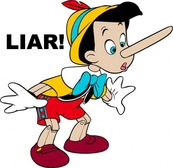
While I believe that he didn't mean to accuse all of our clients of being malicious liars, he did mean to say that our prospects may not be giving us all the information that would help us sell the product.
Another former boss, Mike H. believes that salespeople just don't ask the right questions, which is why on the last day of the month, we feel mislead by our prospects...he has a point.
There are many reasons why a prospect would mislead a salesperson.

prospect likes you. They respect you. They feel bad saying no.
For example, I have had prospects who say maybe all the time. They really don't mean it. What they are trying to say is "Mike, I really like you, but I am not going to buy your product. I will, however, say maybe, so you don't feel so bad. One day, you will give up thinking that I tried my hardest"
I do this all the time too. I don't want to break it to the furniture salesman who spent a ton of time with me showing me all the couches in his store. Instead of telling him that I will go elsewhere because the price is cheaper, I tell him that I will call him next week.
How to avoid?
- Always offer a way out: Tell the prospect that he shouldn't be shy about saying no. I typically tell people that "unless I get a no, I will
continue calling. I can't take a hint." - If the prospect tells you to call in a week, ask "What is going to change in a week?". This usually gets the prospect to explain what their process is....or it gets them to re-evaluate the push off.
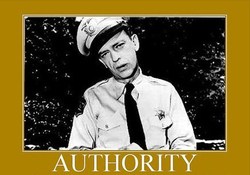
- Are there any other people who need to be involved in this
process? - Are you an officer in the company authorized to sign an agreement? The reason I ask is that we just had an instance where the person signing our agreement wasn't authorized, and it caused some headaches.

Since you probably don't have a say in how much money the prospect has in their budget, you can help by being clear from the beginning of the costs associated with the purchase. I have heard many salespeople give general costs of the service at the beginning of the process, only to give a firm price at the end that surprises the buyer. The buyer doesn't want to seem cheap, and therefore plays as if they are moving forward, when they are in fact not interested. They will find some excuse to not buy, and it won't be the price.
Be clear on the price, show the value of the product and ask for the business.
An upfront contract allows you to set the ground rules and expectations...see the video below
"Billy, if at any time, you feel like we aren't going to do a deal, will you do me a favor and let me know? The last thing I want to do is bother you and have you avoid picking up the phone. You can call me or even email me if you like...Does that sound fair?"
I remind them often that they have the right to say no to me. That way, nobody feels like they don't have to avoid phone calls, and otherwise be nervous.
I also add that if we don't end up doing business "we will all carry on with our lives...we will all survive". That gets a few chuckles and lightens the mood.
Have a great day, a great weekend, and a great August!
If you found this helpful, please copy the url link above and share it on your favorite social network.
Thanks
Mike


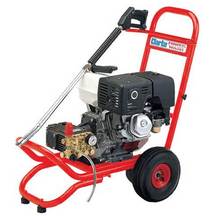




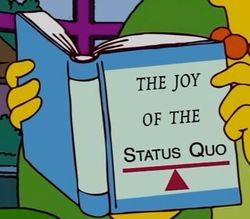

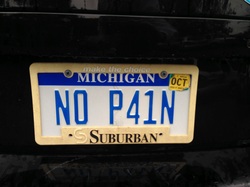
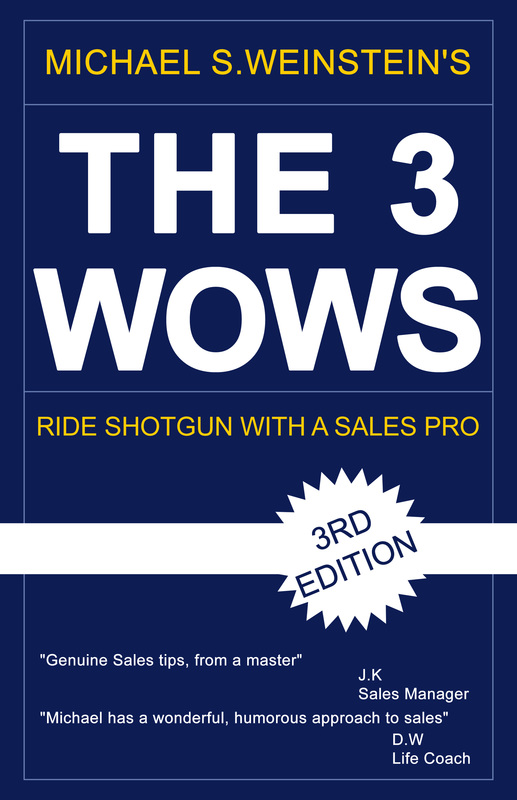

 RSS Feed
RSS Feed
